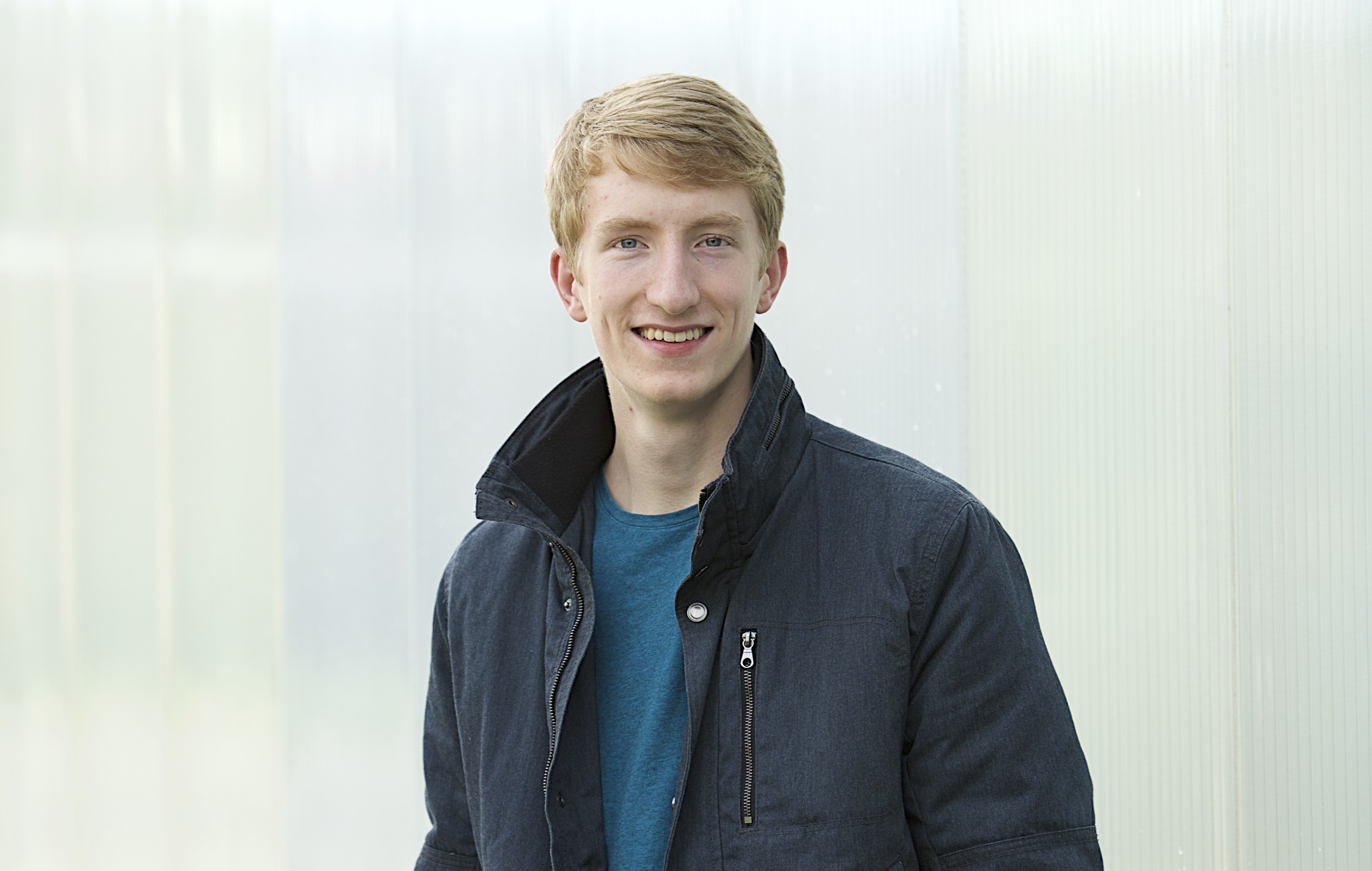This year I am Vice-President of the Entrepreneurs Society at University and this week we have been recruiting new exec members.
All society exec members are voted into their position by the society members, however being such a large society, we naturally receive lots of applications for multiple roles. For that reason we also hold interviews. One, to see if the person is suitable for the society and secondly to see which role would suit them best.
This has given me the opportunity to run interviews, effectively being on the other side of the table for the first time. So what was I looking for when interviewing people?
1 – Passion
If I couldn’t feel a person’s excitement for the opportunity, I didn’t get excited by them – it rubs off. This is true for whenever I talk to anyone. I look for what sparks passion within.
I believed it was important to understand that they were applying because they genuinely cared about the position and were thoroughly determined to do well and that they weren’t just applying to have something to put on their CV.
2 – Eager to Learn
I didn’t care if people had no or little startup experience. Mainly because I had none when I joined the society. It was their eagerness to jump straight in that I wanted to see. If people spoke about wanting to go to events, try out ideas or speak to people with experience, I was pleased.
3 – Pauses
When people pause, they’re usually thinking. I wanted to see this for two reasons; it showed they weren’t reciting a practiced answer and it showed they were putting some effort into their answer.
Of course, sometimes these pauses were followed by a short answer if the person just didn’t know, however if they’ve taken the time to consider it, that was fine.
4 – Ideas
Finally, I wanted to hear ideas. Event ideas, business ideas, ideas for promotional material – I didn’t care what. I just want to know that the person had thought about what they could do from day one to get the ball rolling. They had taken the time to consider what was missing and tried to find a way to correct that.
Ultimately, it came down to who the person was, not what they were doing.

